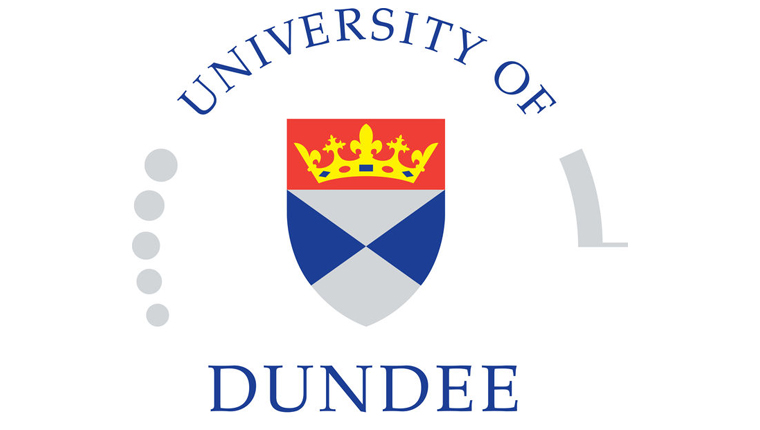
Funding to develop innovative surgical aid
University of Dundee researchers have received funding that could help re-define the way blood flow is monitored during keyhole surgery.
Dr Colin Murdoch, from the University’s School of Medicine, and Dr Nikola Krstajic, from its School of Science and Engineering, have been awarded £130,000 by Innovate UK and EPSRC for a Knowledge Transfer Partnership with Moor Instruments Ltd to develop a new device capable of capturing images of blood flow during keyhole surgery.
The award is part of a collaboration between Dundee and Moor Instruments, a manufacturer and distributor of monitoring and imaging systems to assess blood flow and oxygen in the microvasculature, following on from previous work between the two institutions. The Devon-based designer will contribute an additional £64,000 as part of the project.
“Ensuring that blood flow can be accurately measured during surgery is absolutely critical,” said Dr Murdoch. “Following on from advances in endoscopic surgery there is a real need to be able to image blood perfusion of organs in real time.
“Currently, dyes are injected into patients to allow for consistent perfusion imaging while surgery is conducted. This funding will allow us to develop technology that will aid surgery and may also be used to assess perfusion or organs to help understand disease.”
The team are now aiming to recruit a new member of the team as a Photonics Engineer to help drive forward the two-year programme. Embedded within Moor Instruments at its Axminster headquarters, the suitable candidate will divide their time between Devon and Dundee.
“We have the core of a really good idea,” added Dr Krstajic.
“The great thing about Innovate UK Knowledge Transfer Partnerships is that companies such as Moor Instruments Ltd provide us with the essential background and pathway to pursue our objectives as engineers.
“As a company, Moor is able to highlight exactly what the medical industry requires and that knowledge empowers us to develop solutions that can ultimately benefit patients. Our Biomedical Engineering students will also benefit from exposure and work experience in research and development within a top UK clinical and pre-clinical device design company.”
Scotland is home to a large and vibrant medtech industry encompassing more than 250 companies, and with over 9,000 people employed within this sector. For more news, see here.